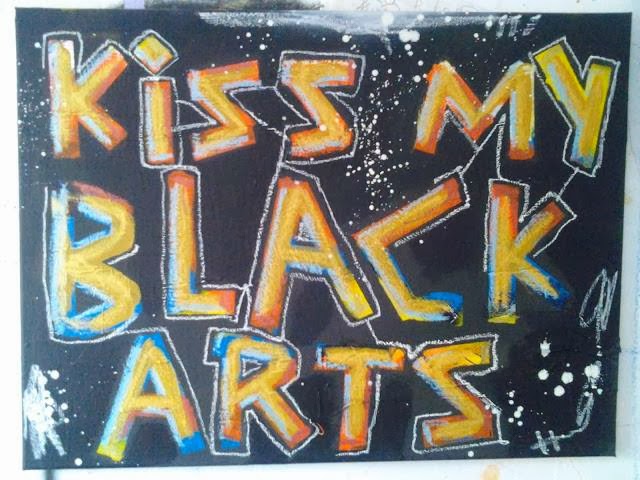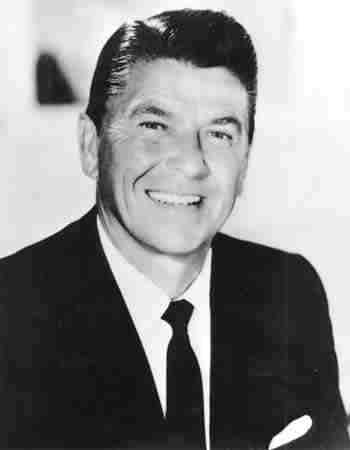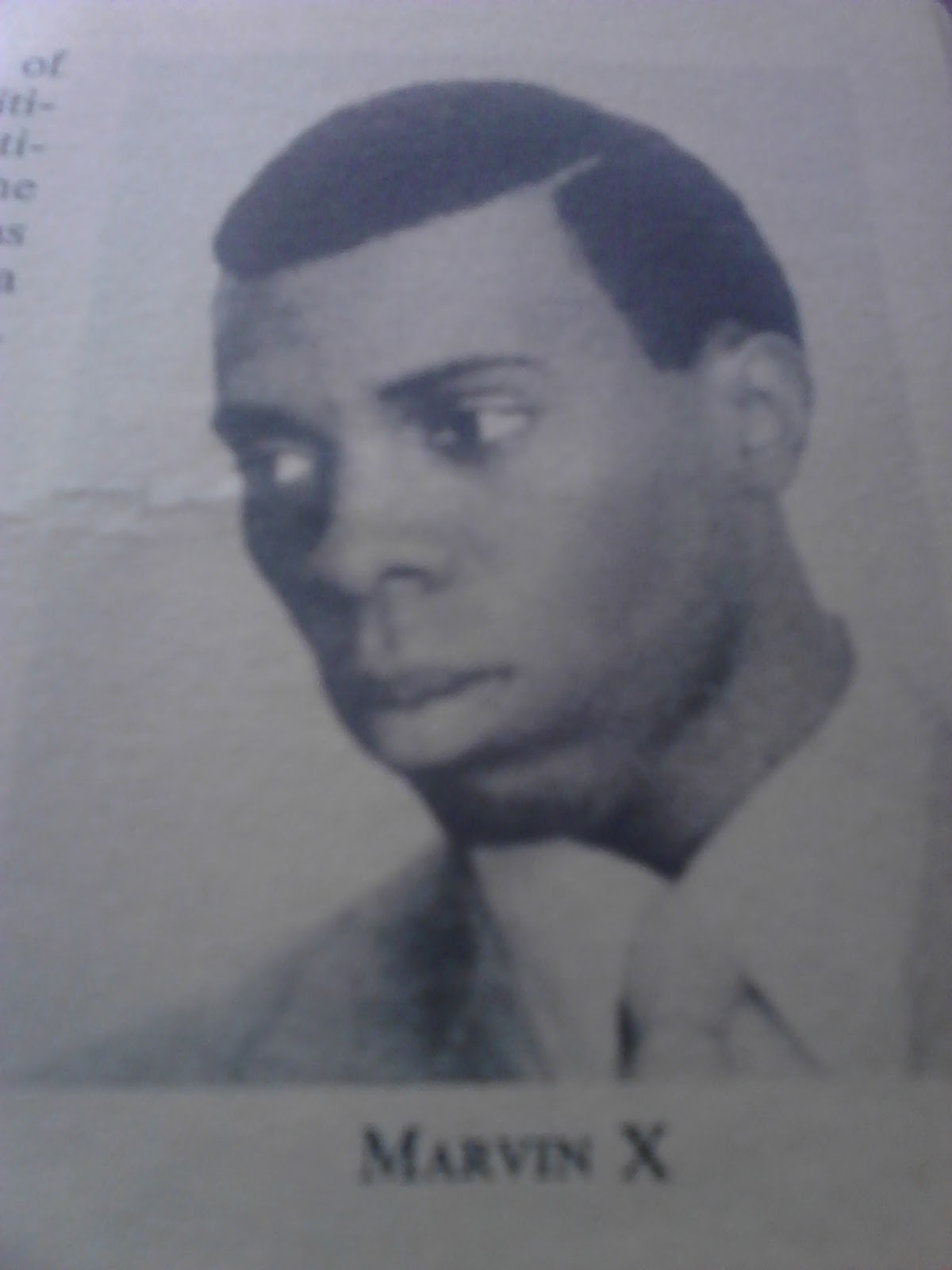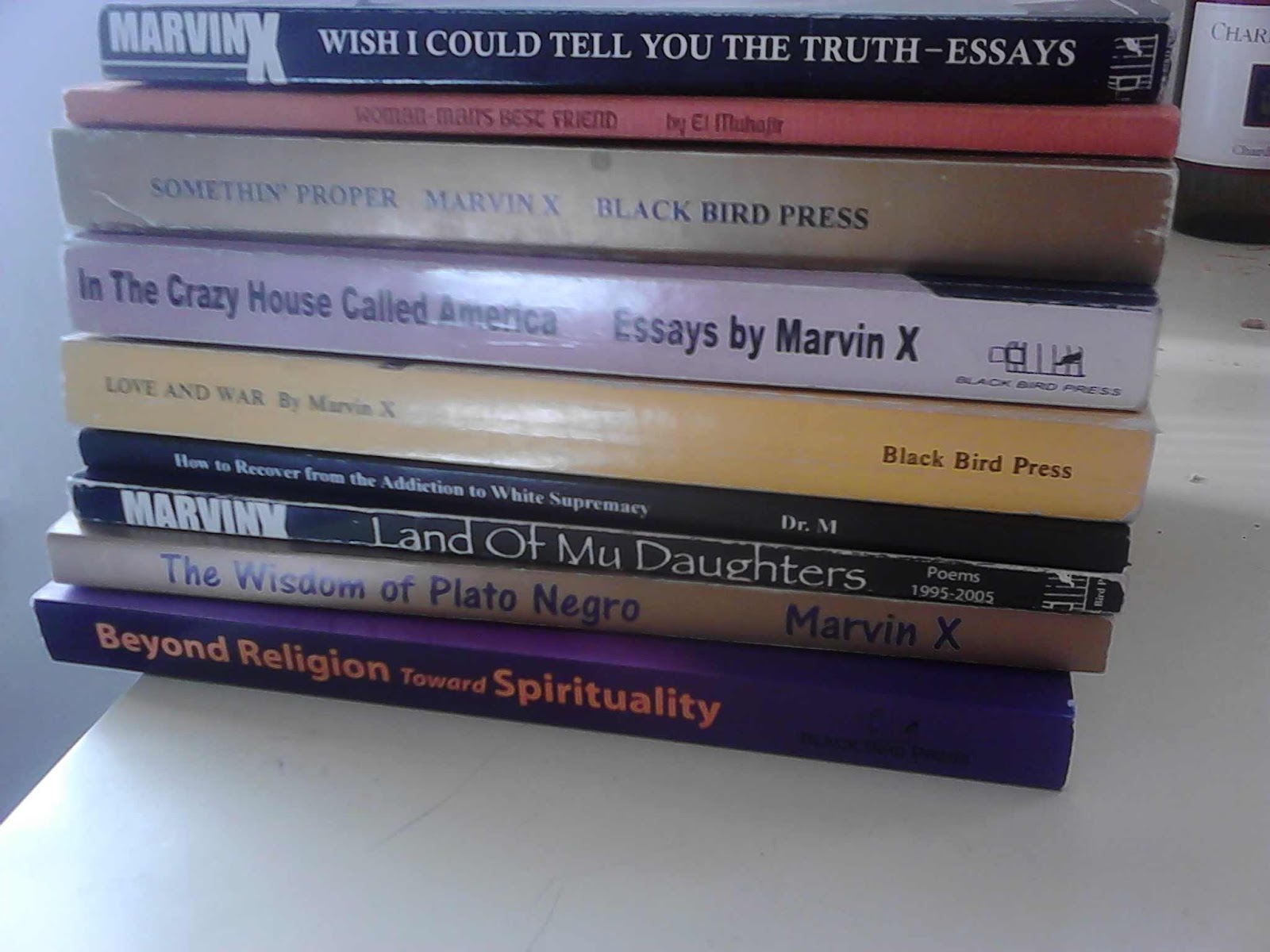You don't know what love is Ella Fitzgerald
↧
↧
Rachelle Ferrell - You don't know what love is
↧
Cassandra Wilson - You Don't Know What Love Is
↧
Appraisal of the Hare archives and Dr. Nathan Hare on Prayer
"I hate to hear people saying we're praying for you. Prayer won't stop my wife from dying. I don't want to hear about prayer. Right now, all I need is the Economic Doctor!"![]()

Dr. Nathan Hare, Sociologist, Clinical Psychologist
The Drs. Nathan and Julia Hare archives are available for acquisition. The archive is appraised at $300,000. If you or your institution is interested and would like to arrange a viewing, please call Marvin X at 510-200-4164. Email him at jmarvinx@yahoo.com.

Appraisal of the Archives of Drs. Nathan and Julia Hare
Introduction
Nathan and Julia Hare, among the most prominent Afrocentric psychologists in the United States, were born in Oklahoma during the Great Depression. They met while attending Langston University, and both pursued academic careers. Nathan Hare obtained an MA (1957) and PhD in Sociology (1962) from the University of Chicago, then received another PhD in Clinical Psychology from the California School of Professional Psychology in San Francisco, California (1975). Julia Hare received a M.A. degree in music education from Chicago’s Roosevelt University and a PhD in education from the California Coast University in Santa Ana, California.
Black Studies
Nathan Hare came to national prominence as one of the intellectual fountainheads of the Black Power Movement during his academic career at Howard University and at San Francisco State University. His ideas began to jell with the publication of his first book, The Black Anglo-Saxons, emphasizing the need for what became black studies at historically black colleges. In 1967, he wrote and publicized “The Black University Manifesto” at the behest of the student-led Black Power Committee at Howard.
Hare wrote the “Conceptual Proposal for a Department of Black Studies" and coined the term “ethnic studies” after he was recruited to San Francisco State in February 1968. At San Francisco State, where the Black Student Union demanded an “autonomous Department of Black Studies,” Hare was soon involved in a five-month strike led by The Black Student Union, backed by the Third World Liberation Front, thousands of white students, community leaders, the Black Faculty Union and the local chapter of the American Federation of Teachers. In
February, 1969, SF State President S.I. Hayakawa dismissed Dr. Hare as chairman of the newly formed Black Studies department, the first in the United States,“to become effective June 1, 1969.” Hare stayed on until June at the request of the Black Student Union and remained for many more months in an unofficial capacity of “Chairman in Exile.”
February, 1969, SF State President S.I. Hayakawa dismissed Dr. Hare as chairman of the newly formed Black Studies department, the first in the United States,“to become effective June 1, 1969.” Hare stayed on until June at the request of the Black Student Union and remained for many more months in an unofficial capacity of “Chairman in Exile.”
Nathan Hare then teamed with Robert Chrisman and Allen Ross to found The Black Scholar in November of 1969. Nathan's invitation to the First Pan African Cultural Festival held in Algiers, enabled him to obtain articles from leading African intellectuals as well as his former student at Howard University, Stokely Carmichael, and the recently exiled Black Panther leader, Eldridge Cleaver. Nathan also wrote the journal’s lead article, "Algiers 1969: The First Pan African Cultural Festival," covering the politics of and happenings at the Festival. Through Julia Hare’s friends and contacts, The Black Scholar was featured in Newsweek --"From the Ebony Tower" -- and The New York Times, would soon call it “the most important journal devoted to black issues since ‘The Crisis.'”
Meanwhile, Julia Hare had created her own career. She served as Public Information Director of the Western Regional office of the National Committee against Discrimination in Housing (headed by Aileen Hernandez), the director of educational programs at the Oakland Museum and later hosted talk shows for both ABC television and KSFO radio stations. She also served as the public relations director in the local federal housing program in San Francisco.
During his tenure at The Black Scholar, Nathan received a second PhD, in clinical psychology. Working with Julia, he soon entered private practice, with offices in San Francisco and Oakland. They focused on forming a movement for “A Better Black Family” (the title of a popular speaking out editorial Nathan wrote for the February 1976 issue of Ebony magazine) shortly after completing his dissertation on “Black Male/Female Relations”.
By 1979, the Hares formed The Black Think Tank, which published the periodical, “Black Male/Female Relationships”. Most notably, the BTT sponsored the Rites of Passage movement, including workshops and lectures, based on bringing black boys to manhood. . Julia became an internationally-known motivational speaker and television personality, offering her expertise on male/female relationships, gender interactions in the workplace, mate selection, and much more. Both Hares have won numerous academic and public honors too numerous to mention.
Publications
In addition to dozens of articles in a number of scholarly journals and popular magazines, from d The Black Scholar and Ebony to Newsweek, Saturday Review and The New York Times, Nathan Hare is the author of The Black Anglo Saxons, which was reprinted numerous times, as well as a number of books in collaboration with Julia Hare, including:
- The Endangered Black Family, San Francisco: The Black Think Tank, 1984,
- Bringing the Black Boy to Manhood: the Passage, San Francisco: The Black Think Tank, 1985,
- Crisis in Black Sexual Politics, San Francisco: The Black Think Tank, 1989,
- Fire on Mount Zion: An Autobiography of the Tulsa Race Riot, as told by Mabel B. Little. Langston: The Melvin B. Tolson Black Heritage Center, Langston University, 1990,
- The Miseducation of the Black Child: The Hare Plan to Educate Every Black Man, Woman and Child, San Francisco: The Black Think Tank, 1998 and
- The Black Agenda, San Francisco: The Black Think Tank, 2002.
While publisher of The Black Scholar from 1969–75, Nathan Hare co-edited two books with Robert Chrisman:
- Contemporary Black Thought, Indianapolis: Bobs-Merrill, 1973, and
- Pan-Africanism, Indianapolis: Bobbs-Merrill, 1974.
In addition, Dr. Hare has written and published many articles in such scholarly and popular periodicals as Ebony, Negro Digest, Saturday Review, the Massachusetts Review, Newsweek, Newsday, The Black Collegian, Social Forces, Social Education, The Black Scholar, the Journal of Negro Education, Black World and The Times of London, to name a few. Some of his articles have been reprinted in anthologies and two of them, "Black Ecology" (from The Black Scholar) and "Understanding the Black Rebellion" (from the London Times) were translated into other
languages around the world.
languages around the world.
Julia Hare also authored How to Find and Keep a BMW (Black Man Working).Her written work has been featured in several magazines and newspapers including The New York Times, The Washington Post, and The Miami Herald.
Description of the Archive
The Hare’s archive consists of approximately 170 banker’s boxes containing a variety of materials. The first fifteen items all have at least some research value, but the most important materials begin with XVI.
I. 17 boxes contain books from Nathan Hare’s library, many, if not most, with his handwritten margin notes and underlinings. In addition, one box contains miscellaneous Who’s Who volumes.
II. Two boxes contain materials pertinent to the Black Scholar, including copies of the magazine, copies of articles, drafts, etc.
III. Six boxes contain various magazines, while a seventh contains copies of Negro Digest, Jet, Black World and Ebony. There are copies of some of these publications in the other six boxes, and among the 17n book boxes. While m most of the magazines in the six boxes are common mass market material, at least 10% are important publications pertinent to the civil rights and/or black power movements of the 1960s and beyond.
IV. One box contains copies of papers and proceedings from conferences attended by the Hares.
V. One box consists of Nathan Hare’s published articles, and there are two boxes of miscellaneous articles not authored by the Hares.
VI. One box consists of Nathan Hare’s published books.
VII. One box contains photographs, including an album of 8x10 black/white photographs of Muhammad Ali’s visit to Howard University.
VIII. One box contains a miscellany of materials from Nathan Hare’s six years at Howard University – clippings, articles, a handwritten note, etc.
IX. Three boxes contain honors bestowed upon the Hares – plaques, awards, certificates, etc.
X. One box consists of personal materials – vitae, travel records, etc.
XI. One box contains event programs and flyers.
XII. Two boxes contain address books, calendars, phone logs, etc.
XIII. One box contains material pertinent to Nathan Hare’s early career as a boxer and as a boxing trainer.
XIV. 19 boxes contain newspaper clippings, articles and notes, many with handwritten notations by Nathan Hare.
XV. 28 boxes contain the Hare’s financial records (taxes, personal finance, business records (including materials from the Black Think Tank, Male/Female Relationships, and The Black Scholar.
XVI. Three boxes of materials from Nathan Hare’s tenure at San Francisco State University. Two of the boxes are the materials that he kept from the San Francisco State strike described above, including internal Black Student Union documents, while the third is his archive of materials pertinent to the Black Studies Program that he headed. This material, some of which can be found nowhere else, clearly adds to our knowledge of this hectic year. See also Box 1 of correspondence (XXIV, below).
XVII. Three boxes of material from the Black Think Tank and one box of issue of Black Male/Female Relations, along with a number of manuscripts submitted to the magazine. Other BTT material can be found in other parts of the archive, e.g., the financial records, correspondence, etc.
XVIII. Four boxes of the Hares’ manuscripts – some handwritten, many with their emendations.
XIX. Seven boxes of Julia Hare’s materials, including notes, drafts of articles and speeches, manuscripts, etc. Another box contains Julia Hare manuscripts and bound copies of Nathan Hare’s three dissertations.
XX. A box of Nathan Hare’s notes on various topics, many handwritten.
XXI. 17 boxes of electronic materials, both Nathan’s and Julia’s: emails, backups, patient records, speeches (including notes and drafts), presentations, manuscripts, public events, teaching and professional aids, etc.
XXII. One box of vinyl records, including numerous valuable small issues by movement groups, the Black Muslims, etc.
XXIII. 37 boxes of records from Nathan Hare’s clinical psychology practice: patient records, protocols, state contracts, depositions and other legal materials, professional materials and more. A gold mine for researchers.
XXIV. Four boxes of correspondence to and from the Hares, primarily Nathan, in general including emails; submitted manuscripts; prisoner. Personal and professional correspondence; cards; press releases; and material on personal and cultural activities. Highlights include:
 Box 1: At least 10 substantive letters + one of his handwritten appeals from Ruchell Magee to the Hares; Black Think Tank correspondence files; substantive tlss from publishers and authors (Carlton Goodlett, Robert Johnson, Jerry Mander, Bob Chrisman); an als from Tom Feelings with 12 signed small drawings; letters and flyers from the California Homemakers Association; and a San Francisco State file.
Box 1: At least 10 substantive letters + one of his handwritten appeals from Ruchell Magee to the Hares; Black Think Tank correspondence files; substantive tlss from publishers and authors (Carlton Goodlett, Robert Johnson, Jerry Mander, Bob Chrisman); an als from Tom Feelings with 12 signed small drawings; letters and flyers from the California Homemakers Association; and a San Francisco State file. Box 2: A letter to, and reply f rom, Shirley Graham Dubois; ditto Robert F. Williams; three letters from Eldridge Cleaver (a 3p. als and 2p tls from 1976 and a 1p. als from 1973), plus a 1p. als from Kathleen Cleaver in 1976).
Box 3: Considerable correspondence to and from activists, academics and elected officials (including a 1981 Willie Brown tls); a 2p. tls from Abdul Wali Muhammad on Final Call letterhead, 1988.
Box 4: 2p. tls from Geronimo Pratt attorney Sharon Meadows in 1978; a 1p. tls from Richard Tropp – Jim Jones’ assistant – on Peoples Temple letterhead.
Analysis:
The Hare archive is, in many ways, unique. The couple’s role in the development of Afrocentric clinical psychology and couples therapies enabled the creation of an archive that has no parallel. Major African American psychiatrists, such as Alvin Poussaint and Price Cobbs, appear to have concerns from the Hares’. In addition, Nathan Hare’s role in the development of Black Studies within the American university setting is pioneering; the boxes of materials from his tenure at San Francisco State University will enable researchers to shed light on the stormy period that led to the creation of separate academic departments designed to serve students of various ethnicities.
While it is possible to put commercial values on some of the materials, those values would in no way reflect the overall import of this archive. A university library would find the archive to be a treasure trove of research materials in psychology, African American studies, gender studies, the criminal justice system, the history of the 1960s and 1970s, media and much more. In particular, Nathan Hare’s patient records, Julia Hare’s media files, the materials related to the Black Think Tank and Black Male/Female Relationships, along with their voluminous correspondence will influence scholarship in many areas for decades to come. Accordingly, I would place a monetary value of $300,000.00 on this archive.
Respectfully submitted,
Michael A. Pincus
Andover Street Archives
↧
Gloria Lynne - "I Wish You Love"
↧
↧
Marvin X At the Black Caucus
↧
Amiri Baraka joins ancestors, may they be pleased with him
Amiri Baraka, former N.J. poet laureate and prolific author, dead at 79

Amiri Baraka, the state's former poet laureate and a revered author, poet and activist, has died. He was 79. Baraka is shown in this 2009 file photo. (Star-Ledger file photo)
Email the author | Follow on Twitter
on January 09, 2014 at 3:14 PM, updated January 09, 2014 at 3:48 PM
NEWARK— Amiri Baraka, the longtime activist and former poet laureate of New Jersey died today, officials confirmed. He was 79 years old.
Baraka was placed in intensive care at Beth Israel Medical Center last month for an unknown reason, but a spokesman for his son's mayoral campaign said his condition was improving late in December.
Baraka was placed in intensive care at Beth Israel Medical Center last month for an unknown reason, but a spokesman for his son's mayoral campaign said his condition was improving late in December.
Newark Mayor Luis Quintana said Baraka will be sorely missed.
"I went to visit him at the hospital about two weeks ago," Quintana said by phone. "He was more than poet he was a leader in his own right. He's going to be missed and our condolences go out to his family today."
Quintana recalled Baraka's role in the 1970 Black and Puerto Rican convention, a landmark political meeting that resulted in the election of Ken Gibson, Newark's first black mayor.
"We're going to remember him always for his contributions to Newark, New Jersey and America," Quintana said. "In this time of pain, the citizens of Newark and I are with him."
Baraka had long struggled with diabetes, but it was not immediately clear what the cause of death was.
A Newark native and resident formerly known as Leroi Jones, Amiri Baraka has published dozens of poems, essays and works of non-fiction. In 1963 Amiri Baraka wrote "Blues People," an in-depth history of music from the time of slavery throughout the various incarnations of blues and jazz, with integrated social commentary. The book's 50th anniversary was recently celebrated during an event at the New Jersey Performing Arts Center.
Baraka was also the state's poet laureate for a short time in 2002 and 2003.
Newark City Council President Mildred Crump, a longtime friend of the Baraka family, said the world lost one of its pre-eminent literary figures today.
“Not only has New Jersey, but the United States of America, has lost a great human being. He was a legend in his own lifetime," Crump said. "It is such a loss, such a great loss."
Crump said Baraka's condition had been improving, and he was breathing on his own when she last visited him on Sunday. The Baraka family has been lining Beth Israel Medical Center for weeks, according to Crump.
“He fought a good fight. I was there the first night he went into the hospital," Crump said. "I was there when he was breathing on his own, I was there Sunday."
“Not only has New Jersey, but the United States of America, has lost a great human being. He was a legend in his own lifetime," Crump said. "It is such a loss, such a great loss."
Crump said Baraka's condition had been improving, and he was breathing on his own when she last visited him on Sunday. The Baraka family has been lining Beth Israel Medical Center for weeks, according to Crump.
“He fought a good fight. I was there the first night he went into the hospital," Crump said. "I was there when he was breathing on his own, I was there Sunday."
Crump said her first association with Baraka came in the 1970s, when he led the charge to build Kawaida Towers, a planned 100-acre housing project that was meant to embody the Black Power movement that Amiri had long been a champion of.
"That's when he became my hero," Crump said.
Star-Ledger Staff Writer James Queally contributed to this report.
RELATED COVERAGE:
↧
Whatchasay when ya can't say nothin'
How ya feel when ya brother go to the door of no return
when yo uncle go who gave ya manhood trainin' wit da Dutchman
the mythology of A Black Mass
who climbed up da hill with Myth of Sisyphus
up and down
who wrote the story of our tribe of Shabazz
who lived the terror
wife and children hid in the closet
National Guard in da house
wife terrified
you bastards
beat my husband bloody
I shall not be moved!
Sonia said resist resist resist!
And we shall
take my husband from me
we shall not be moved
killed my lesbian daughter and her lover
Shani said Marvin X the only man I like
Never seen a man cook breakfast
Told AB and Amina I want to marry Shani
Amiri said Marvin, you get drunk and say the damnest things
Next morning when I talked with Amina
Amina said Take Her!
we shall not be moved
shot my son in the head 357 Magnum
we shall not be moved
And we partied
808 S. Tenth Street
off Clinton
Marvin, go to the store
get me some Jack Daniels and Newports!
Sonia, I don't need to hold hands
forget that
Marvin, go to the store
get me some Jack Daniels and Newports!
Yeah, get Daemon something too
get yo friend something
he's up in his room writing
go on up there
Get him some Miller Lite
Daemon is up there
writing while the house is on fire
Dat's him
you know him as well as I do
what was that girl he was messing wit
at the Black House 1967
what was her name
Marvin, you was there, what was her name?
That damn Daemon
go to the store
Get my boyfriend Jack
I need Jack right now!
My brother is gone
My uncle is gone
My daddy is gone
departed the Miller Lite world of make believe
total illusion
the worst kind
dreams and dreams
MLK, Jr knocked on our door
what do you do when MLK, Jr. knocks
let him in or what?
Can you imagine?
What drama
what tragi-comedy
Oh what love
what lessons of love
sweetness of love
bitterness of love
no matter what
I'm a Mafia woman, Marvin
we don't leave our men
My daddy was in the Mafia Marvin
we don't leave our men
no matter what
I'm a Howard Street woman
we know Nathan Heard
Ain't no shame in my game
I was always black
didn't need of Black Arts
when dat nigguh came home to Newark
I was black
doing a black thang
my and my brother
when I met Amiri
I was black
better ax somebody
Didn't need no Black Arts to make me Black!
Howard Street made me Black!
His mama didn't like me cause I was black
my kids was black
yeah, my little picka ninny kids
black
Help me, Marvin
hold my hand
come make me laugh
like we used to do
laugh all night Marvin
you made us laugh all night Marvin
no matter the pain
you made us laugh all night
Jack Daniels laugh
Miller Lite laugh
Hennessy/Bailey's laugh
He said you let the elephant out laugh
Make us laugh Marvin
and he who laughs last
laughs the longest
C'mon Marvin
hold my hand
squeeze my hand
I want to laugh.
when yo uncle go who gave ya manhood trainin' wit da Dutchman
the mythology of A Black Mass
who climbed up da hill with Myth of Sisyphus
up and down
who wrote the story of our tribe of Shabazz
who lived the terror
wife and children hid in the closet
National Guard in da house
wife terrified
you bastards
beat my husband bloody
I shall not be moved!
Sonia said resist resist resist!
And we shall
take my husband from me
we shall not be moved
killed my lesbian daughter and her lover
Shani said Marvin X the only man I like
Never seen a man cook breakfast
Told AB and Amina I want to marry Shani
Amiri said Marvin, you get drunk and say the damnest things
Next morning when I talked with Amina
Amina said Take Her!
we shall not be moved
shot my son in the head 357 Magnum
we shall not be moved
And we partied
808 S. Tenth Street
off Clinton
Marvin, go to the store
get me some Jack Daniels and Newports!
Sonia, I don't need to hold hands
forget that
Marvin, go to the store
get me some Jack Daniels and Newports!
Yeah, get Daemon something too
get yo friend something
he's up in his room writing
go on up there
Get him some Miller Lite
Daemon is up there
writing while the house is on fire
Dat's him
you know him as well as I do
what was that girl he was messing wit
at the Black House 1967
what was her name
Marvin, you was there, what was her name?
That damn Daemon
go to the store
Get my boyfriend Jack
I need Jack right now!
My brother is gone
My uncle is gone
My daddy is gone
departed the Miller Lite world of make believe
total illusion
the worst kind
dreams and dreams
MLK, Jr knocked on our door
what do you do when MLK, Jr. knocks
let him in or what?
Can you imagine?
What drama
what tragi-comedy
Oh what love
what lessons of love
sweetness of love
bitterness of love
no matter what
I'm a Mafia woman, Marvin
we don't leave our men
My daddy was in the Mafia Marvin
we don't leave our men
no matter what
I'm a Howard Street woman
we know Nathan Heard
Ain't no shame in my game
I was always black
didn't need of Black Arts
when dat nigguh came home to Newark
I was black
doing a black thang
my and my brother
when I met Amiri
I was black
better ax somebody
Didn't need no Black Arts to make me Black!
Howard Street made me Black!
His mama didn't like me cause I was black
my kids was black
yeah, my little picka ninny kids
black
Help me, Marvin
hold my hand
come make me laugh
like we used to do
laugh all night Marvin
you made us laugh all night Marvin
no matter the pain
you made us laugh all night
Jack Daniels laugh
Miller Lite laugh
Hennessy/Bailey's laugh
He said you let the elephant out laugh
Make us laugh Marvin
and he who laughs last
laughs the longest
C'mon Marvin
hold my hand
squeeze my hand
I want to laugh.
↧
In Memoriam--Amiri Baraka
erbboyd47@gmail.com
In Memoriam—Amiri Baraka
By Herb Boyd
Amiri Baraka, like his name, was a blessed prince, and he loomed
like a colossus over the Black arts movement, excelling in practically
every literary expression—as a poet, playwright, novelist, historian,
journalist, and essayist. One of the most versatile writers in America,
Baraka died Thursday afternoon in Newark, New Jersey, where he was born
and lived most of his life. He was 79.
No cause was given for his death, though he had been hospitalized
for several weeks and was reportedly a diabetic.
From his early days in Greenwich Village where he began to make
his mark among a coterie of beatnik and avant-garde notables such as
Allen Ginsberg, Ted Joans, Bob Kaufman, Bob Thompson, Hettie Cohen and
Diane di Prima (and he had children by both women) as a poet and
publisher of small journals to his halcyon days in the fulcrum of the
Black liberation struggle, Baraka was an irrepressible spirit and his
star would shine even brighter after settling in Harlem and helping to
spur the emergence of Black nationalism and Pan African thought.
But he had already established himself as a leading playwright by
1964 with “Dutchman,” which earned him an Obie award. The play featured
two characters, Clay, a black man, and Lula, a white woman. And their
intense exchanges often mirrored the nation’s troubled race relations.
A year before his acclaim on Off-Broadway, Baraka, then LeRoi
Jones, had written Blues People that was a sizzling summary of African
American music which is still considered among the best compendium’s of
the blues; and he would later complete Black Music and do for jazz what
he had done for the blues.
By 1965, following the assassination of Malcolm X, Baraka was in
Harlem and an active member of the Haryou Act where he dispensed lessons
in theater while sharpening his political analysis and assuming a larger
role in the activist community.
This is not to say he wasn’t politically conscious since the
sprigs of that sprouted as early as his days at Howard University and in
the Air Force, which he called the “Air Farce,” and certainly by the
time he was a delegate who traveled to Cuba at the invitation of Fidel
Castro.
During the late sixties Baraka was a prominent figure in the
Black Power movement and as a founder and leader of the Congress of
African People (CAP) he promoted the philosophy of Kawaida {Swahili for
tradition) formulated by Maulana Karenga. In 1972, he was in Gary,
Indiana as a guiding force in the National Black Assembly. But two
years later as a delegate to the Sixth Pan African Conference in Dar es
Salaam, Tanzania he announced in a paper delivered at the conference
that he had adopted a Marxist-Leninist outlook, an ideology he would
retain for the rest of his life.
Born Everett Leroy Jones on Oct. 7, 1934, he was the son of
middle class parents and was on the same path as a student at Howard
University. But soon his iconoclastic personality surfaced and to
demonstrate his break with the bourgeois tendencies so prevalent at the
school he derided the administration by sitting in the middle of campus
eating a watermelon.
That same defiant attitude would color his stay in the Air Force
and he was dismissed with a dishonorable discharge, accused of reading
subversive literature.
The Village with its abundance of free spirits was a natural
environment for his non-conformity, his radical penchant and one who was
always eager to think and act outside of the box.
While Baraka possessed a Midas touch when it came to the
written word, his preference was poetry, and it’s hard to choose one
poem that encapsulates his prowess, though “We are unfair, and unfair/We
are black magicians, black arts we make in black labs of the heart. The
fair are fair, and deathly white. The day will not save them/and we own
the night” provides a glimpse of his sentiments about racism and white
supremacy during at least one stage of his ever evolving life.
In a poetic homage to Baraka, esteemed poet and publisher Haki
Madhubuti wrote a number of poems for his friend and this excerpt is an
expression of his respect and high regard—“…approaching him I wondered
why this genius of serious music of transcendent literature wasn’t
surrounded by readers, fans, collectors of fine words on pages seeking
instructions and autographs.”
His devotees may not have been as obvious and visible as
warranted but they were many and you didn’t have to walk to far in
Newark to bump into someone ready to spout about Baraka’s black magic,
his relentless fight against forces of oppression.
Even into his seventies, his younger associates in Newark
declared, Baraka was still on the ramparts, despite all the controversy
surrounding his poem about the bombing of the World Trade Center,
despite being stripped of his laureate honor, and despite the crippling
challenges that came with age. “Even though he was in his late
seventies,” wrote anti-violence activist Bashir Akinyele, “he was with
us on the streets at many of our most critical turns, like when we shut
down Broad and Market the first time in 2009!”
And none of the late challenges in his life were as hurtful as to
lose his sister and his daughter Shani and to see the daily assaults
targeting his sons as they fought to make their hometown a safe haven.
Two years ago, the ever feisty Baraka expressed his derision over
the publication of Manning Marable’s biography of Malcolm X. It was his
opinion that Marable had assassinated Malcolm again and he publicly
denounced the book at several forums and in print, which he did with his
typical sense of outrage and denunciation.
Still, there was Baraka the praise master as he did at the
funeral services for James Baldwin and at the more recent memorial for
Jayne Cortez. And a more extensive collection of his words can be found
in a reader under his name, which resonates with much more conviction
than even his autobiography. Baraka at one time referred to himself as
Imamu and Mwalimu and to a great extent he was both priest and teacher,
as the Swahili words designate, and there are thousands of his students
to attest to his profound wizardry in the classroom.
However, in the end, the final words ring with beauty and
authority in his poetry. In this one Baraka’s ironic wordplay is never
more succinct and to the point.
Monday in B-Flat
I can pray
all day
& God
wont come.
But if I call
911
The Devil
Be here
in a minute!
Baraka, who moved effortlessly from art to politics, leaves behind
an extraordinary corpus of creativity to be protected and managed by his
talented wife, Amina, and his children Amiri Baraka, Jr.. Ras Baraka,
Obalaji Baraka, Ahi Baraka, Dominique DiPrima, Maria Jones, Lisa Jones,
and Kellie Jones.
↧
↧
Amiri Baraka (October 7, 1934-January 9, 2014)
Abdul AlkalimatFrom: abdul GENERAL http://www.amiribaraka.com/ http://en.wikipedia.org/wiki/Amiri_Baraka OBITUARY http://www.npr.org/2014/01/09/261101520/amiri-baraka-poet-and-co-founder-of-black-arts-movement-dies-
To H-AFRO-AM@H-NET.MSU.EDU
Today at 7:11 AM
From: abdul
GENERAL
http://www.amiribaraka.com/
http://en.wikipedia.org/wiki/Amiri_Baraka
OBITUARY
http://www.npr.org/2014/01/09/261101520/amiri-baraka-poet-and-co-founder-of-black-arts-movement-dies-at-79
http://www.washingtonpost.com/entertainment/books/amiri-baraka-poet-and-firebrand-dies-at-79/2014/01/09/930897d2-796e-11e3-af7f-13bf0e9965f6_story.html
http://www.cnn.com/2014/01/09/showbiz/poet-amiri-baraka-dies/
MOVEMENT
http://www.marxists.org/history/erol/ncm-1a/index.htm#cap
http://libguides.rutgers.edu/content.php?pid=158675&sid=1755073
BOOKS
https://www.google.com/search?tbm=bks&hl=en&q=amiri+baraka&oq=amiri
http://www.amazon.com/s?ie=UTF8&field-author=Amiri%20Baraka&page=1&rh=n%3A283155%2Cp_27%3AAmiri%20Baraka
VIDEO
http://www.youtube.com/channel/UCDhHr-TTc9AJ1kNe9Fv9FvQ
http://www.youtube.com/watch?v=TgoUbn9nMlQ
http://www.youtube.com/watch?v=_ojq_WDqIkI
http://www.youtube.com/watch?v=c1-2S7baPUU
POETRY
http://www.mo.be/en/opinion/amiri-baraka-poetry-99
http://www.poetryfoundation.org/bio/amiri-baraka
http://www.english.illinois.edu/maps/poets/a_f/baraka/baraka.htm
http://www.poets.org/poet.php/prmPID/445
http://www.math.buffalo.edu/~sww/poetry/baraka_jones.html
THEATER
nationalhumanitiescenter.org/pds/maai3/protest/text12/barakatheatre.pd
http://www.wnyc.org/story/188902-amiri-baraka/
IMAGES
https://www.google.com/search?q=amiri+baraka&tbm=isch&tbo=u&source=univ&sa=X&ei=kBbPUqmJA4e9qAHxh4CYDQ&sqi=2&ved=0CJkBEIke&biw=1440&bih=725
ARCHIVE
http://www.google.com/url?sa=t&rct=j&q=&esrc=s&source=web&cd=4&cad=rja&ved=0CEQQFjAD&url=http%3A%2F%2Fwww.lexisnexis.com%2Fdocuments%2Facademic%2Fupa_cis%2F10721_blackpowermovempt1.pdf&ei=vhnPUuKkK8LJrQHHzwE&usg=AFQjCNGmk8MPvWN-r_jO_oCCKDWLwI2uEQ&sig2=GfAKM7X1husn3AjtBPeX9Q&bvm=bv.59026428,d.aWM
http://www.loc.gov/folklife/civilrights/survey/view_collection.php?coll_id=837
GENERAL
http://www.amiribaraka.com/
http://en.wikipedia.org/wiki/Amiri_Baraka
OBITUARY
http://www.npr.org/2014/01/09/261101520/amiri-baraka-poet-and-co-founder-of-black-arts-movement-dies-at-79
http://www.washingtonpost.com/entertainment/books/amiri-baraka-poet-and-firebrand-dies-at-79/2014/01/09/930897d2-796e-11e3-af7f-13bf0e9965f6_story.html
http://www.cnn.com/2014/01/09/showbiz/poet-amiri-baraka-dies/
MOVEMENT
http://www.marxists.org/history/erol/ncm-1a/index.htm#cap
http://libguides.rutgers.edu/content.php?pid=158675&sid=1755073
BOOKS
https://www.google.com/search?tbm=bks&hl=en&q=amiri+baraka&oq=amiri
http://www.amazon.com/s?ie=UTF8&field-author=Amiri%20Baraka&page=1&rh=n%3A283155%2Cp_27%3AAmiri%20Baraka
VIDEO
http://www.youtube.com/channel/UCDhHr-TTc9AJ1kNe9Fv9FvQ
http://www.youtube.com/watch?v=TgoUbn9nMlQ
http://www.youtube.com/watch?v=_ojq_WDqIkI
http://www.youtube.com/watch?v=c1-2S7baPUU
POETRY
http://www.mo.be/en/opinion/amiri-baraka-poetry-99
http://www.poetryfoundation.org/bio/amiri-baraka
http://www.english.illinois.edu/maps/poets/a_f/baraka/baraka.htm
http://www.poets.org/poet.php/prmPID/445
http://www.math.buffalo.edu/~sww/poetry/baraka_jones.html
THEATER
nationalhumanitiescenter.org/pds/maai3/protest/text12/barakatheatre.pd
http://www.wnyc.org/story/188902-amiri-baraka/
IMAGES
https://www.google.com/search?q=amiri+baraka&tbm=isch&tbo=u&source=univ&sa=X&ei=kBbPUqmJA4e9qAHxh4CYDQ&sqi=2&ved=0CJkBEIke&biw=1440&bih=725
ARCHIVE
http://www.google.com/url?sa=t&rct=j&q=&esrc=s&source=web&cd=4&cad=rja&ved=0CEQQFjAD&url=http%3A%2F%2Fwww.lexisnexis.com%2Fdocuments%2Facademic%2Fupa_cis%2F10721_blackpowermovempt1.pdf&ei=vhnPUuKkK8LJrQHHzwE&usg=AFQjCNGmk8MPvWN-r_jO_oCCKDWLwI2uEQ&sig2=GfAKM7X1husn3AjtBPeX9Q&bvm=bv.59026428,d.aWM
http://www.loc.gov/folklife/civilrights/survey/view_collection.php?coll_id=837
↧
Salaam Soldier, AB
↧
Marvin X interview on KPFA and KPOO radio stations about his friend Amiri Baraka
Black Bird Press News & Review: Marvin X interview on KPFA and KPOO radio stations about his friend Amiri Baraka
Marvin X will be interviewed about his friend Amiri Baraka by KPFA's (www.kpfa.org) Greg Bridges, Monday, 8pm. On Tuesday he will be interviewed by Terry Collins of KPOO (www.kpoo.org radioa bout his 50 year friendship with AB.
Baraka had invited Marvin X to read at a tribute for poet Jayne Cortez at New York University, Feb 4, 2014. The tribute will go on, we assume with a tribute to Baraka as well.
Marvin X invited Baraka to The Black Arts Movement Conference at University of California, Merced, Feb. 28, March 1-2, 2014, a Kim McMillan/Marvin X production, sponsored by UC Merced and California Endowment. It will be a BAM tribute to Amiri Baraka as well, chief architect of the Black Arts Movement, the most radical and revolutionary artistic and literary movement in American history.
Larry Neal said BAM is the sister of the Black Power Movement, Marvin X says BAM was the mother!
Funeral services will be held Saturday, Newark Symphony Hall, 1020 Broad Street, Newark, New Jersey. 10am.
↧
Marvin X interview on KPFA and KPOO radio stations about his friend Amiri Baraka
Black Bird Press News & Review: Marvin X interview on KPFA and KPOO radio stations about his friend Amiri Baraka
Marvin X will be interviewed about his friend Amiri Baraka by KPFA's (www.kpfa.org) Greg Bridges, Monday, 8pm. On Tuesday he will be interviewed by Terry Collins of KPOO (www.kpoo.org radioa bout his 50 year friendship with AB.
Baraka had invited Marvin X to read at a tribute for poet Jayne Cortez at New York University, Feb 4, 2014. The tribute will go on, we assume with a tribute to Baraka as well.
Marvin X invited Baraka to The Black Arts Movement Conference at University of California, Merced, Feb. 28, March 1-2, 2014, a Kim McMillan/Marvin X production, sponsored by UC Merced and California Endowment. It will be a BAM tribute to Amiri Baraka as well, chief architect of the Black Arts Movement, the most radical and revolutionary artistic and literary movement in American history.
Larry Neal said BAM is the sister of the Black Power Movement, Marvin X says BAM was the mother!
Funeral services will be held Saturday, Newark Symphony Hall, 1020 Broad Street, Newark, New Jersey. 10am.
↧
↧
Marvin X: A call to hunger strike for Syria and the hoods of America
↧
AB and MX, a hapi moment in NewArk
↧
Marvin X on Amiri Baraka, KPFA Monday; Marvin X speaks with Terry Collins, KPOO.com, Tuesday, 10pm
|
| Marvin thought you would like to see this page from the KPFA 94.1 FM Berkeley: Listener Sponsored Free Speech Radio web site. Message from Sender Marvin X interviewed by Greg Bridges on Amiri Baraka and the Black Arts Movement Transitions On Traditions with Greg Bridges - January 13, 2014 at 8:00pm |
↧
BAY AREA BLACKS SEND MARVIN X EAST TO CELEBRATE AMIRI BARAKA'S JOURNEY HOME
The poet is grateful for the assistance of the following persons: Dr. Nathan Hare and Dr. Julia Hare, Paul Cobb, Publisher of the Oakland Post Newspaper; Dr. Ayodele Nzinga, Dr. J.Vern Cromartie,
Suzzette Celeste, MSW, MPA; Mrs. and Mrs. Leon Teasley, Geoffery Grier, SF Recovery Theatre,
Aries Jordan.
Marvin X will report of the funeral proceedings for KPOO radio on the Donald Lacey Show, Saturday morning.
He will remain on the east coast for the February 4 tribute for poet Jayne Cortez at New York University, an event organized by Amiri Baraka. This will also be a tribute to the chief architect of the Black Arts Movement.
Marvin X returns to the west coast in late February to co-produce (with Kim McMillan) the Black Arts Movement Conference at University of California, Merced, February 28, March 1-2, 2014. Invited participants include Sonia Sanchez, James Smethurst, Askia Toure, Umar bin Hasan of the Last Poets,
Eugene Redman, Ishmael Reed, Al Young, Adilah Barnes, Mrs. Amina Baraka, Emory Douglas, et al.
Call 510-200-4164 for more information. email Marvin X at jmarvinx@yahoo.com.
↧
↧
THE ICE STORM HAS SUBSIDED BUT EAST COAST NOW READIES FOR THE HUMAN EARTHQUAKE!
Yes, the polar ice storm has subsided, but now the east coast must prepare to confront the Human Earthquake in the form of Marvin X. He has come east to celebrate the transition of his friend and comrade Amiri Baraka. Baraka suffered a fifty year relationship with the human earthquake. After a night of drunkenness at the Baraka house, New Jersey's once upon a time poet laureate Baraka bemoaned the next morning that the west coast father of BAM, "let the elephant out last night!"
On the west coast, a friend recently told the poet she saw five demons come out last night. "I started to tell my husband to dig a hole in the back yard ten feet deep, not six, to bury your ass."
Well, the human earthquake does party hard, usually by himself which includes a party of ten personas. If the west coast friend saw five demons, the other five were probably angelic, thus she spared him the ten foot deep grave!
Coincidently, the poet was in New York on 9/11 and during Hurricane Sandy, but if the east coast survives his wrath, he will return west to co-produce (with Kim McMillan) The Black Arts Movement
Conference at the University of California, Merced, featuring icons of BAM, including Sonia Sanchez,
Askia Toure, Umar Bin Hasan of the Last Poets, Ishmael Reed, Al Young, Eugene Redman, Emory Douglas, Tarika Lewis, Billy X Jennings of the Black Panther Party, et al.
Gov. Ronald Reagan
"Get Marvin X off campus by any means necessary!"
Marvin X removed from Fresno State University and Angela Davis was removed from UCLA by Gov. Ronald Reagan, 1969, Marvin for being a Black Muslim, Angela for her Black Communist activities.
A few years ago he established Academy of da Corner, 14th and Broadway, downtown Oakland. Ishmael Reed says he is Plato teaching on the streets of Oakland. He teaches at the most dangerous classroom in the world, the scene of violent protests over the murder of Oscar Grant and Occupy Oakland.

During Occupy Oakland a US Marine was shot in the head by a police projective. Unmoved by the protests, Marvin X did a video production of his Mythology of Pussy and Dick, featuring Aries Jordan, Toya Carter and himself. A customer said, "Man, I watched it over and over. I'm going to charge Nigguhs to watch it at my house!"
He established The Community Archives Project to make available for acquisition the archives of such personalities at Drs. Nathan and Julia Hare. The Hare archives are under consideration by several top universities. The project is also educational: to teach the importance of preserving the archives of common people.
The Human Earthquake is more than anything a prolific writer of nearly 30 books. The Last Poets say he writes a book a month, but he authored eight titles during 2011. East coast get ready, the earthquake has just departed JFK Airport. New Yorkers, can you feel the earth shaking?
Reflections of a "Human Earthquake" Victim
↧
Ras Baraka takes baton from father, Amiri Baraka! The revolution continues!
Ras Baraka and his mother, Mrs. Amina Baraka, entering Newark Symphony Hall for last rites of Amiri Baraka.
![]()
Ras Baraka took the baton from his father, Amiri Baraka, in the most eloquent eulogy ever!
Actor Danny Glover was co-MC. Danny began his career in Marvin X's Black Arts West Theatre, San Francisco, 1966. In 1967 he performed in Baraka's Communication Project at San Francisco State University.
Ras Baraka took the baton from his father, Amiri Baraka, in the most eloquent eulogy ever!
Actor Danny Glover was co-MC. Danny began his career in Marvin X's Black Arts West Theatre, San Francisco, 1966. In 1967 he performed in Baraka's Communication Project at San Francisco State University.
Today I participated in one of the most beautiful final rites ever, the home going ceremony for my friend, the legendary poet/playwright/organizer/music critic/historian, father/husband Amiri Baraka, aka LeRoi Jones, chief architect of the Black Arts Movement or BAM. I told the audience I was changing my name to Marvin X Baraka in honor of my friend of fifty years.
It was a poetic myth/ritual in the best of the African tradition, strong on longevity and short of brevity, but after all, it was the funeral of a poet, and they are known to be loquacious, sometimes redundant and repetitious, but such is the nature of poets and poetry.
If not for the astounding finale by the son of Amiri, Ras Baraka, it could be said the evening was long winded to the point of exhaustion. And yet what would one expect at the last rites of an African griot?
We know the griot is defined as a person who has absorbed his tribe's mythology and history. Such was the personality known as Amiri Baraka, dear friend, brother, fellow worker in the Black Arts Movement that altered the consciousness of North American Africans and Americans, from the academy to the streets.
It was the consensus of those who spoke that Amiri Baraka was a revolutionary, not some Miller Lite civil rites reformer, but a full blown revolutionary who wrote, fought and organized for radical change in America and throughout the world. Those who spoke or participated included Danny Glover, Sonia Sanchez, Cornel West, Woody King, Jessica Care Moore, Michael Eric Dyson, Askia Toure, Glen Thurman, Tony Medina, Chokwe Lumumba's daughter, Sister Souljah, Haki Mahdhubuti, Marvin X and Ras Baraka.
Poet Sonia read a poem from Maya Angelou and herself, ending with Resist, Resist, Resist!
Why don't we cut to the chase to say Ras Baraka stole the show which was only proper since it was his father's funeral and the ceremony was not only the last rites, but a rites of passage for the son to take the reins of his father as poet and political operative, i.e., we fully expect Ras to be the next Mayor of Newark, New Jersey, especially after the eloquent reading/speech he delivered to conclude this myth/ritual, including his own poem Black Fire that ended his eulogy.

Some persons may find it hard to believe AB's son delivered his father's poetry better than the father, but know for a surety the son accomplished this task and went beyond into the region of his own mind and destiny: to shape the world in his own making and likeness, yet he never stopped honoring his father at every turn. He gave full honor to his father as Sister Souljah had done when she introduced Ras Baraka.
Sista Souljah said she met Ras Baraka when she was 19 years old, or was he 19, we forget! When she went to his house, she thought he was rich because he had a father! He had a mother, a house, so she thought Ras was rich. She grew up in the projects, food stamps, Section 8, cheese, yes, she thought Ras and the Barakas were rich. They had a house full of books and music albums. They discussed serious topics whether personal or political, and you needn't agree yet there was respect for all. Yes, she thought the Baraka's were rich! Not rich with money but soul, she said! Long live the spirit of Amiri Baraka. We shall complete the national liberation of North American Africans! Free the land!
In my remarks, we (co-producer Kim McMillan) invited Ras and his mother, Amina Baraka, to the upcoming University of California, Merced Black Arts Movement Conference, Feb. 28, March 1-2. We had invited Amiri Baraka to the conference, but we know Ras will represent his father with eloquence as will his widow, Amina.
AB had invited me to read at New York University of Feb 4, a tribute for ancestor poet Jayne Cortez. This event is on schedule. On February 8, the Schomburg Library in Harlem will host a fund raising event for Ras Baraka, now it will also be a tribute for Amiri Baraka.
The art piece above by Elizabeth Catlett Mora demonstrates the union of the Black Arts Movement and Black Power. In my remarks, we spoke on the need to understand Amiri Baraka and the Black Arts Movement were revolutionary, not art for art's sake in the Western tradition. The Black Arts Movement cannot be separated from the Black Power Movement, both were about the National Liberation of North American Africans. Larry Neal said BAM was the sister of the Black Power Movement, I say BAM was the Mother!
--Marvin X (Baraka)
Newark, New Jersey
1/18/14
↧
The Weatherman, a poem for AB; video link of Ras Baraka's Eulogy
The ice storm put him in the hospital she said
It stopped for his funeral
sun came out
snow drifts swirled on cremation day
He controls the weather she said
--Marvin X (Baraka)
↧
More Pages to Explore .....



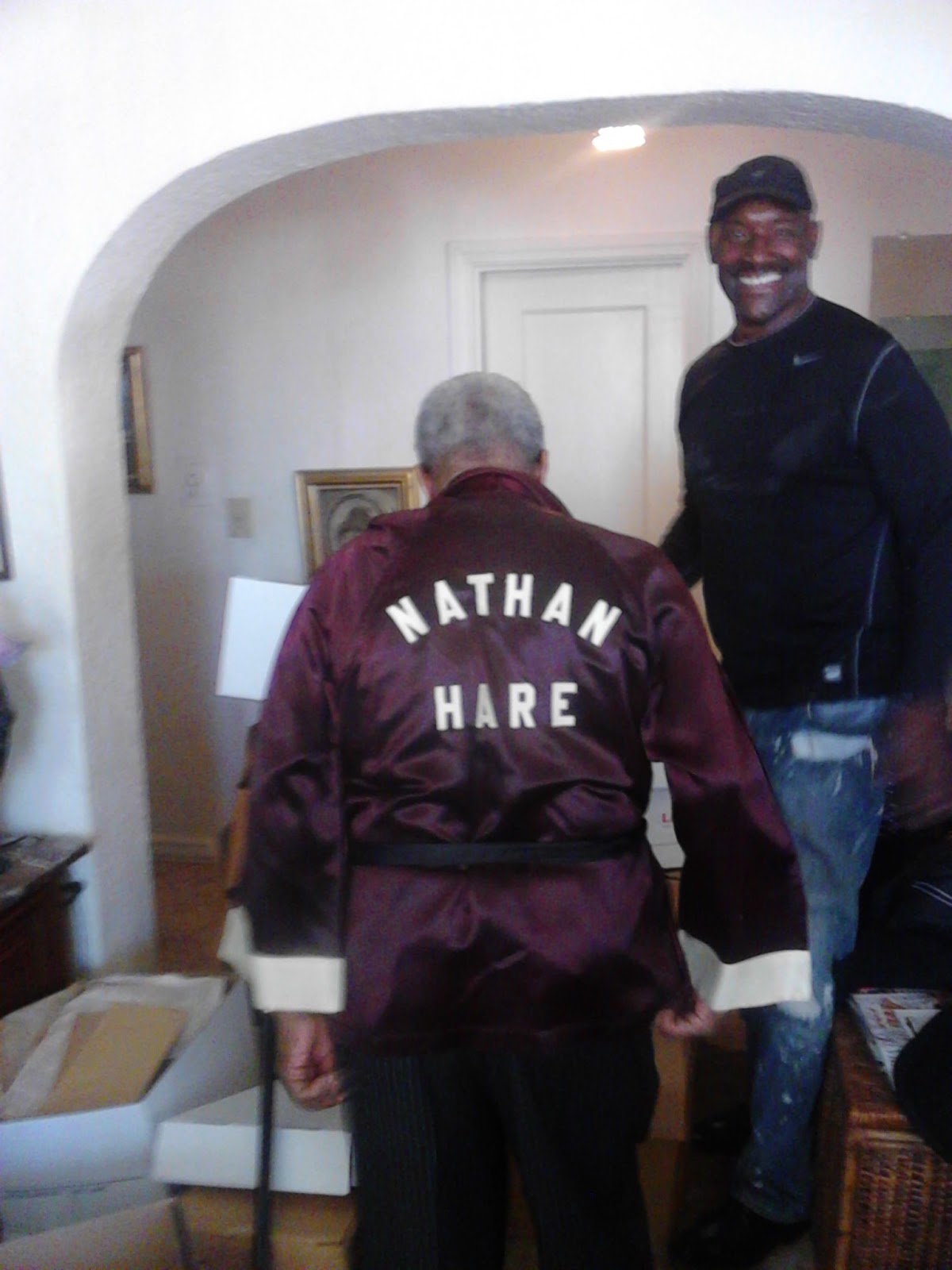
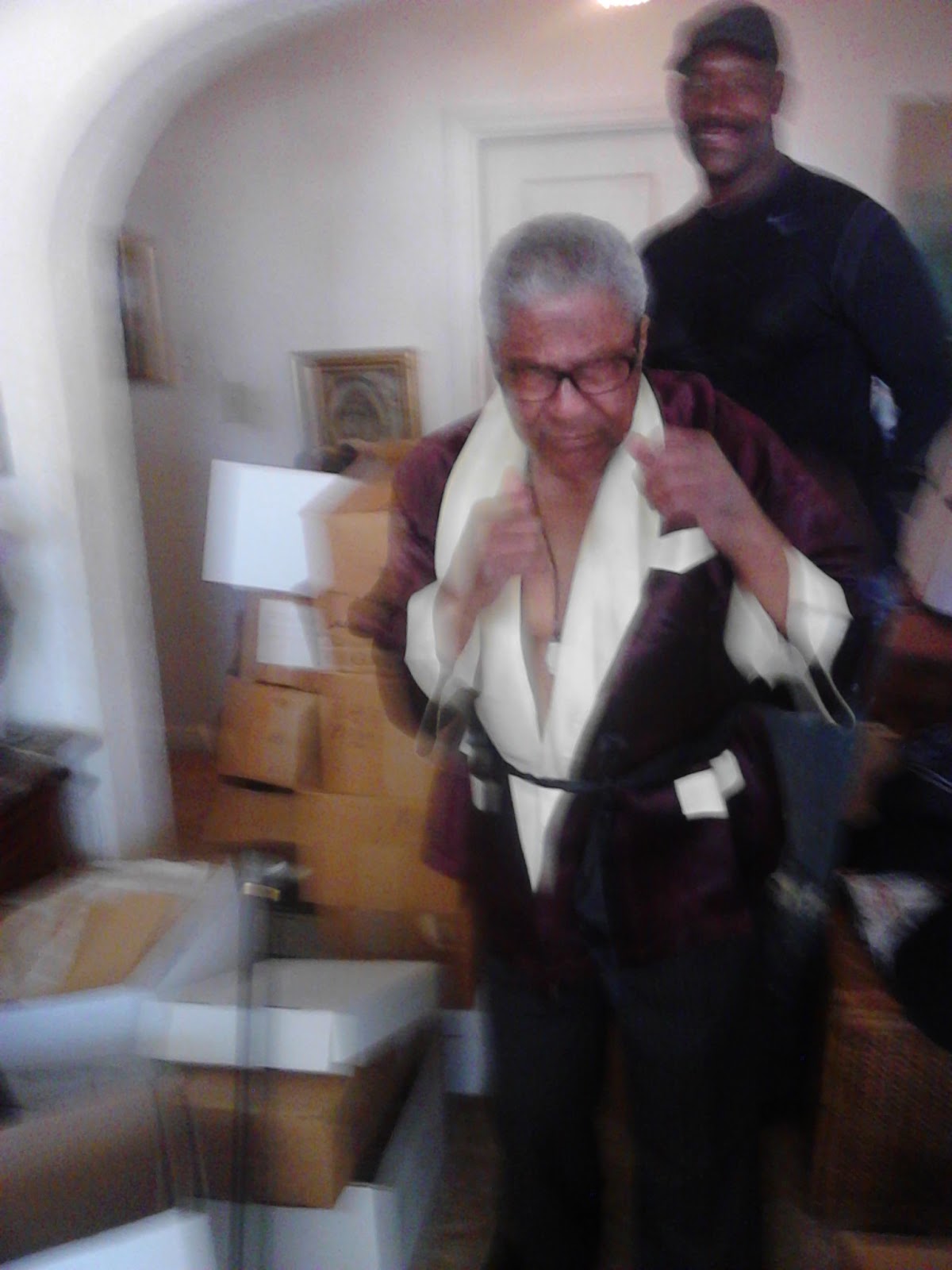
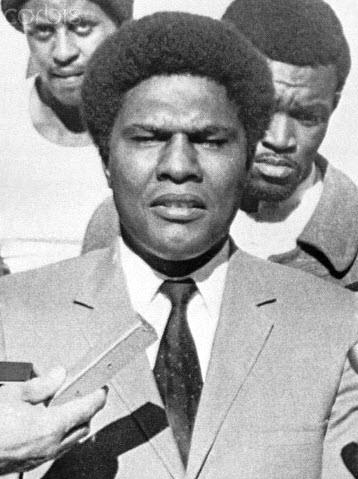








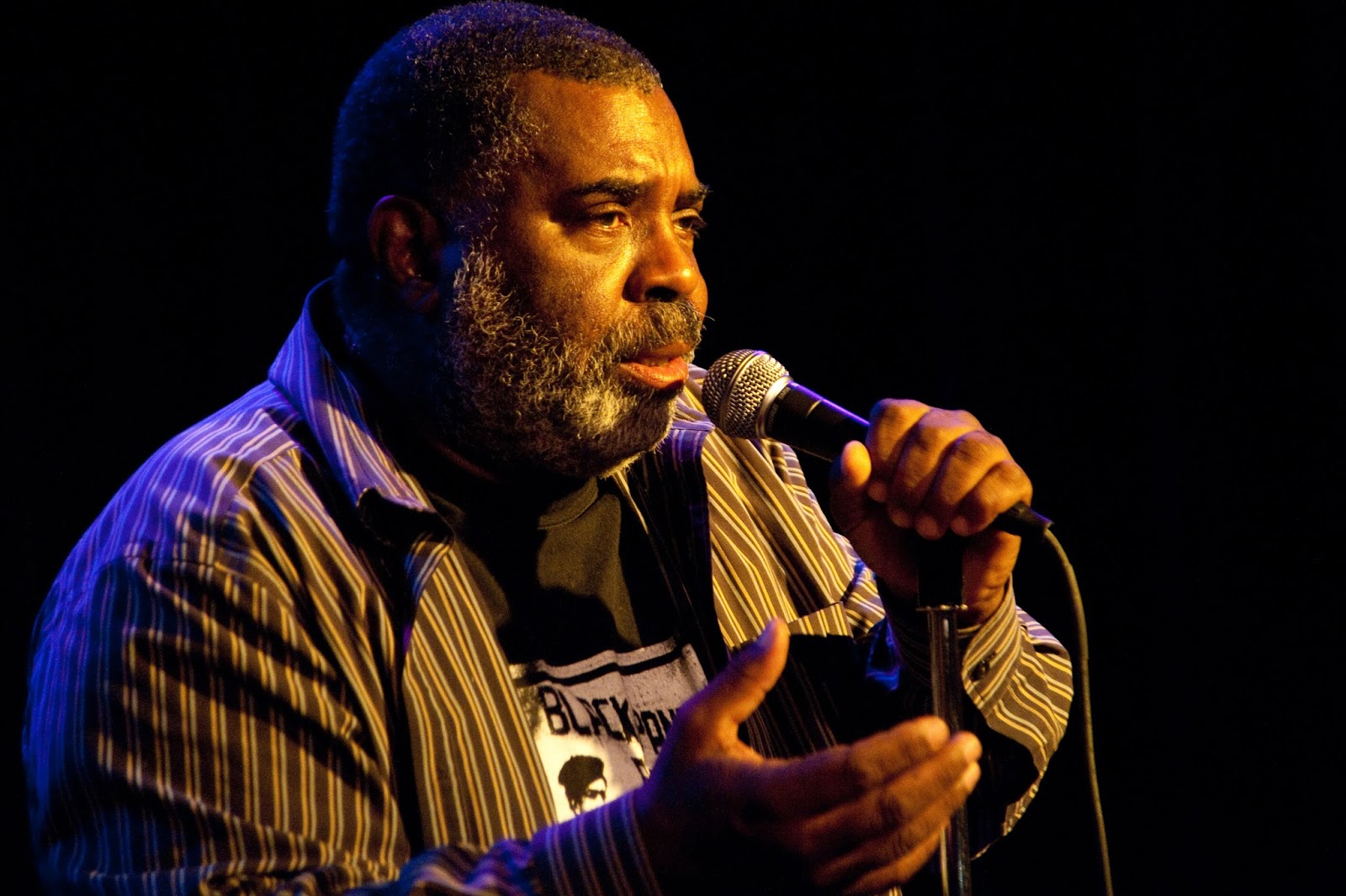











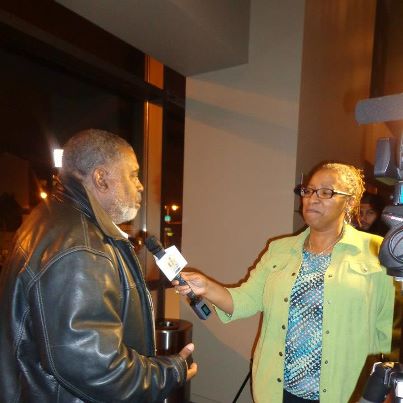



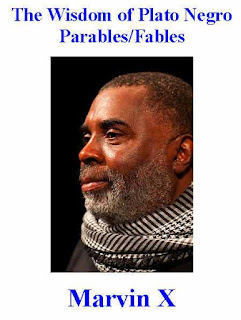



 KPFA 94.1 FM Berkeley: Listener Sponsored Free Speech Radio
KPFA 94.1 FM Berkeley: Listener Sponsored Free Speech Radio


